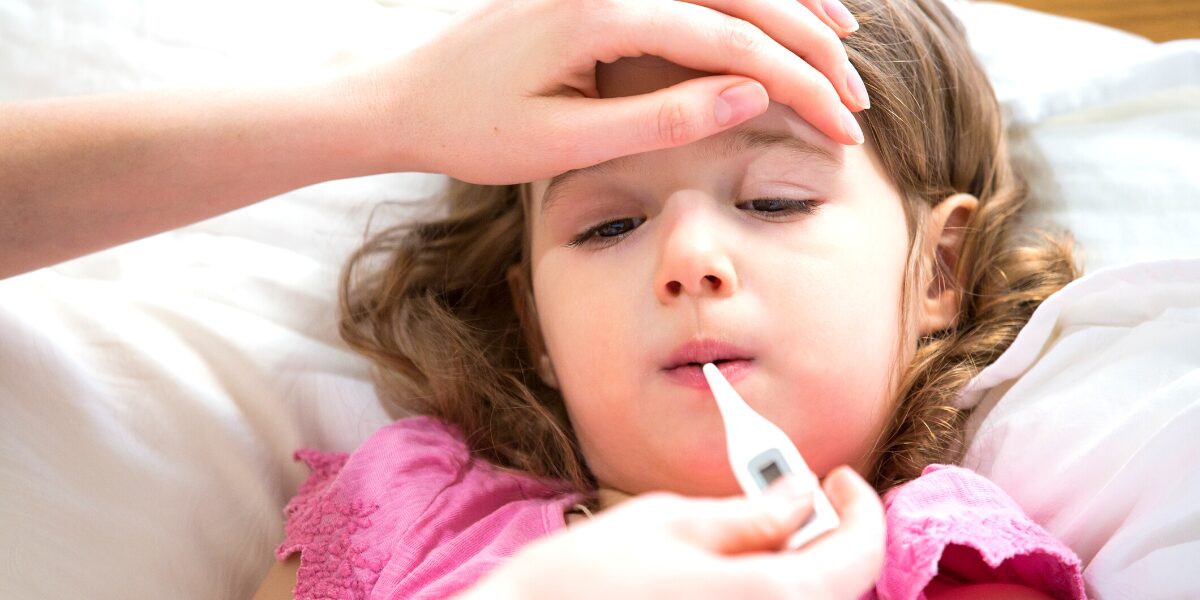What are the symptoms of rotavirus?
Rotavirus is a common cause of gastroenteritis in infants and young children, though it can affect people of all ages. The symptoms typically include:
- Diarrhea: Often severe and watery, it can lead to dehydration if not managed properly.
- Vomiting: Frequent and sometimes severe, often occurring alongside diarrhea.
- Fever: Mild to moderate fever is common, although it may not always be present.
- Abdominal Pain: Cramping or discomfort in the stomach area.
- Loss of Appetite: Reduced interest in eating, which can contribute to dehydration and weakness.
- Dehydration: Signs include dry mouth, decreased urine output, dark-colored urine, and lethargy.
These symptoms usually appear within 1-3 days after exposure to the virus and can last for about 3 to 8 days. Rotavirus is highly contagious and spreads through contact with contaminated hands, surfaces, or food. If dehydration or severe symptoms occur, seeking medical advice is important for proper management and treatment.
What are the causes of rotavirus?
Rotavirus is caused by the rotavirus, which is a highly contagious virus that primarily affects the intestines. It spreads through the following mechanisms:
- Fecal-Oral Route: The virus is commonly transmitted when people come into contact with fecal matter from an infected person. This can happen through contaminated hands, surfaces, or objects.
- Contaminated Food or Water: Consuming food or water that has been contaminated with the virus can lead to infection.
- Person-to-Person Contact: Close contact with an infected individual, especially in settings like daycares or crowded environments, can facilitate the spread of the virus.
- Environmental Contamination: Rotavirus can survive on surfaces for a significant period, making it easy for the virus to spread through contaminated surfaces or objects.
The virus is particularly problematic for infants and young children, but it can also affect older children and adults. Vaccination is an effective preventive measure against rotavirus infection.
What is the treatment for rotavirus?
The treatment for rotavirus primarily focuses on managing symptoms and preventing complications. Key aspects of treatment include:
- Hydration: Maintaining hydration is crucial due to the risk of dehydration from diarrhea and vomiting. Oral rehydration solutions (ORS) are recommended, as they provide the right balance of fluids and electrolytes. For severe dehydration, intravenous fluids may be required in a hospital setting.
- Rest: Ensuring adequate rest helps the body recover from the illness.
- Medications: While there are no specific antiviral medications for rotavirus, over-the-counter medications such as anti-diarrheal agents are generally not recommended for children. Acetaminophen or ibuprofen can be used to manage fever and discomfort.
- Nutritional Support: Continue breastfeeding with breast milk, or formula, or age-appropriate foods as tolerated. Avoid sugary drinks and foods high in fat, which can worsen diarrhea.
- Good Hygiene: Practicing good hygiene, including frequent handwashing and disinfecting contaminated surfaces, helps prevent the spread of the virus.
- Monitoring: Keep an eye on symptoms and seek medical attention if dehydration signs become severe or if symptoms do not improve.
In most cases, rotavirus infections resolve on their own with supportive care. If severe symptoms or complications arise, consulting a healthcare professional is essential.

Leave a Reply
You must be logged in to post a comment.